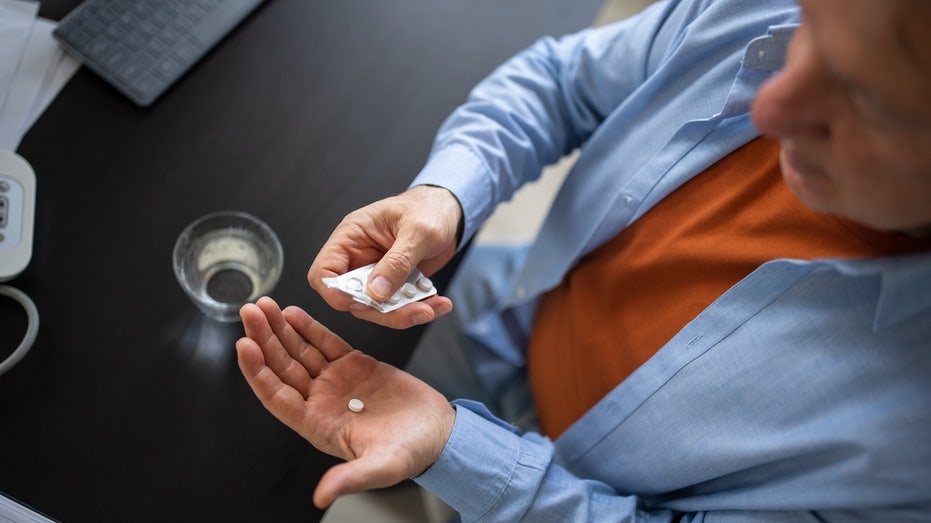Breakthrough Parkinson’s Drug Tavapadon Shows Real Promise in Clinical Trials

Sarah Johnson
April 18, 2025
Brief
A new once-daily pill, tavapadon, shows promise in improving Parkinson’s symptoms with fewer side effects than levodopa, offering renewed hope to patients and caregivers.
A new pill for Parkinson’s disease is making waves in the medical world, offering hope to millions who struggle with the disorder and the rollercoaster of side effects that come with current treatments.
The once-daily medication, tavapadon, has been shown in clinical trials to significantly improve symptoms such as stiffness, tremors, and coordination issues for patients already on levodopa – the longstanding go-to drug for Parkinson’s. Notably, tavapadon helps patients enjoy longer stretches of symptom relief, especially for those who experience the dreaded "motor fluctuations" when their meds start to wear off.
Levodopa is known for its effectiveness, but it comes with a laundry list of side effects: sleep problems, hallucinations, impulse control issues, weight gain, leg swelling, and unpredictable blood pressure swings. The new kid on the block, tavapadon, operates differently by targeting specific dopamine receptors, and, according to the lead researcher Dr. Hubert H. Fernandez of the Cleveland Clinic, it delivers the same benefits as levodopa without the usual baggage of nasty side effects.
The global TEMPO 3 trial found that patients on tavapadon had more "on time"—periods when symptoms were under control—and less "off time" compared to those on a placebo. Even better, the side effects in the trial were no worse than those reported by the placebo group. If only all medical breakthroughs were this neat and tidy.
Dr. Fernandez emphasized that this is a short-term study and the medical community will have to wait for longer-term results before celebrating too much, but he and his team are genuinely encouraged by what they’ve seen so far.
For newly diagnosed patients who have milder symptoms, tavapadon could potentially replace the current three-times-a-day levodopa routine with a more convenient once-daily pill. For those with more advanced Parkinson’s, tavapadon might be used in combination with levodopa, potentially lowering the required dose and reducing the risk of troublesome side effects.
Parkinson’s cases are projected to double globally by 2050, potentially impacting up to 25 million people, with the most dramatic spike expected among those over 80 years old. Against that daunting backdrop, a drug that could offer effective symptom relief with fewer side effects is a much-needed bright spot.
AbbVie, the pharmaceutical company behind tavapadon, plans to submit the drug for FDA approval soon. The FDA will then review the application, and the world will be watching to see if this new treatment option makes it to pharmacy shelves.
Dr. Mary Ann Picone, medical director of the MS Center at Holy Name Medical Center, called the findings “very interesting and encouraging” and highlighted the potential for tavapadon to improve patients’ quality of life. She noted that the new therapy targets different dopamine receptors, which could give patients more "on" time without the involuntary movements that sometimes make life with Parkinson’s even tougher.
While the long-term picture is still coming into focus, for now, tavapadon is offering hope where it’s sorely needed – and making those three-pill-a-day routines look like something from the last century.
Topics
Editor's Comments
Finally, a potential Parkinson’s drug that doesn’t read like a side effects bingo card! If tavapadon really lives up to the hype, maybe it’s time for the old three-times-a-day pill schedule to retire along with rotary phones. Here’s hoping the FDA gives it a green light—patients deserve a win that doesn’t come with a catch.
Like this article? Share it with your friends!
If you find this article interesting, feel free to share it with your friends!
Thank you for your support! Sharing is the greatest encouragement for us.



